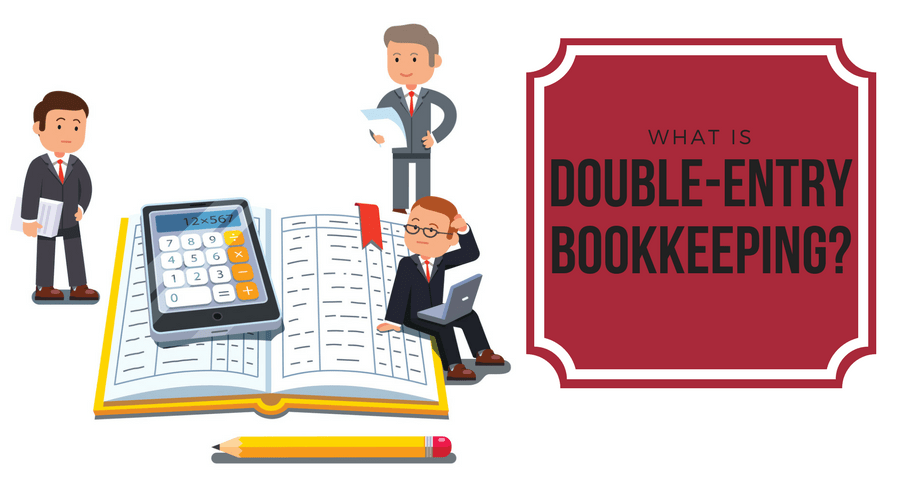Introduction:
In the realm of decision-making, the human mind is prone to biases and fallacies that can lead to irrational judgments. One such cognitive bias is the Double Entry Bookkeeping mental model, which draws its name from the accounting practice of recording transactions in two corresponding accounts. This mental model involves the tendency to weigh the pros and cons of an action, evaluating gains and losses in a compartmentalized manner. By exploring the prevalence of this bias in our day-to-day lives and its anchoring in human psychology, we can better understand its impact on decision-making processes.
Relevance in Decision-Making Processes:
Double Entry Bookkeeping, as a mental model, influences our decision-making by focusing on the notion of balancing accounts. It encourages us to analyze the gains and losses associated with an action, but it does so by considering these aspects separately, rather than as a holistic whole. This mental model often leads individuals to make irrational decisions that are contrary to their best interests. By understanding the instances where this bias emerges, we can make more informed choices.
Examples in Various Contexts:
- Personal Life Decisions: Consider a person contemplating whether to take a new job opportunity. The Double Entry Bookkeeping bias might manifest as the individual meticulously assessing the financial benefits of the new job, such as salary increments or bonuses, while overlooking non-monetary aspects like job satisfaction, work-life balance, or personal growth opportunities. By focusing solely on the financial gains, individuals may fail to consider the overall impact on their well-being and happiness.
- Business Scenarios: In business decision-making, the Double Entry Bookkeeping bias can be observed when a company is evaluating the launch of a new product. The company may meticulously analyze the potential revenue and profits from the product, but overlook the potential risks, such as market saturation, competition, or changing consumer preferences. By focusing solely on the potential gains, businesses may fail to anticipate and mitigate potential losses, leading to poor strategic decisions.
- Public Policy Making: Double Entry Bookkeeping can also affect public policy decisions. For instance, when policymakers prioritize short-term economic gains without considering the long-term social and environmental costs, they fall into this bias. By ignoring the potential negative externalities or consequences of their decisions, they fail to create policies that are sustainable and beneficial in the long run.
Mental Biases and Underpinnings:
Several cognitive biases contribute to the emergence of the Double Entry Bookkeeping mental model. One such bias is the framing effect, where the presentation of information influences decision-making. When information is framed in terms of gains and losses, individuals tend to evaluate each component separately, thereby enhancing the effect of the Double Entry Bookkeeping bias.
Another underlying psychological factor is loss aversion, which causes individuals to be more sensitive to losses than gains. This bias further reinforces the compartmentalized assessment of gains and losses, leading to an imbalanced decision-making process.
In addition to these biases, the human mind often seeks simplicity and categorization, which contributes to the prevalence of the Double Entry Bookkeeping bias. By dividing information into distinct categories, the mind can better comprehend and process complex decisions. However, this categorization also leads to an oversimplification of reality, neglecting the interconnectedness of various factors.
Identifying and Avoiding the Double Entry Bookkeeping Bias:
- Embrace Systematic Thinking: Instead of focusing on isolated gains and losses, adopt a systems thinking approach. Consider the interdependencies and long-term consequences of your decisions. Recognize that actions can have ripple effects across multiple domains and evaluate the overall impact.
- Seek Diverse Perspectives: Engage in discussions with others who hold different viewpoints. By considering alternative perspectives, you can uncover blind spots and biases in your thinking
